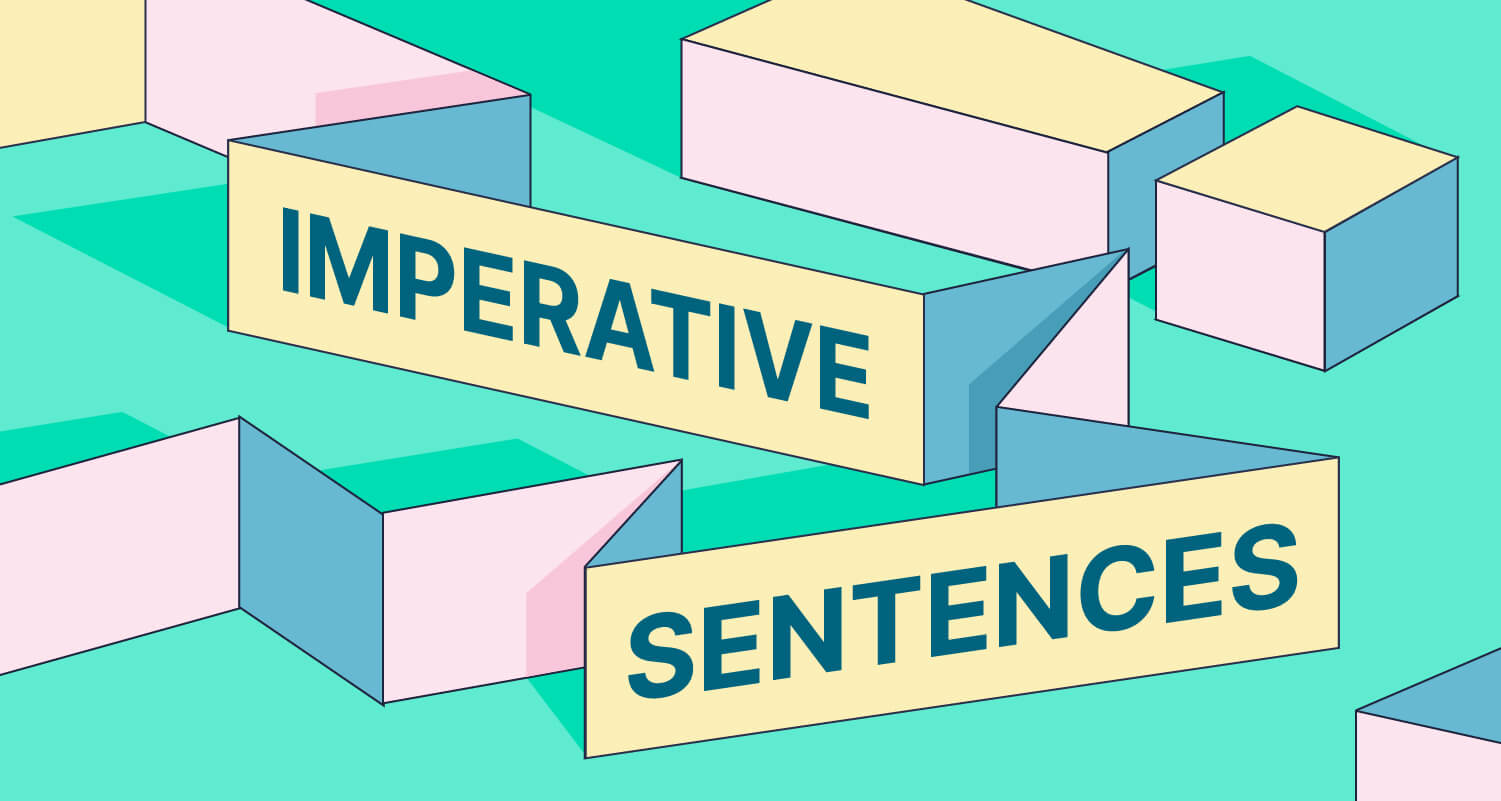Imperative Sentence

An imperative sentence is a type of sentence that gives a command, instruction, request, or suggestion. It is used to direct someone to do something or to express a desire for action. Imperative sentences often lack a subject, as the subject (usually "you") is implied.
Here are some key characteristics of imperative sentences:
Commanding Tone: Imperative sentences are typically written or spoken in a commanding tone, conveying authority or urgency.
Verb First or Base Form: Imperative sentences usually begin with a verb in its base form (infinitive form), without a subject.
Directives: Imperative sentences often contain action verbs that instruct or command the listener to perform a specific action.
Ending with a Period or Exclamation Mark: Imperative sentences can end with a period (.) or an exclamation mark (!), depending on the degree of urgency or emphasis.
Examples of imperative sentences:
In these examples, the imperative sentences give commands or instructions to the listener. The subject (usually "you") is implied, and the verb is in its base form, making the sentence direct and to the point. Imperative sentences are commonly used in everyday communication, especially when giving directions, making requests, or giving orders.
Thank you,